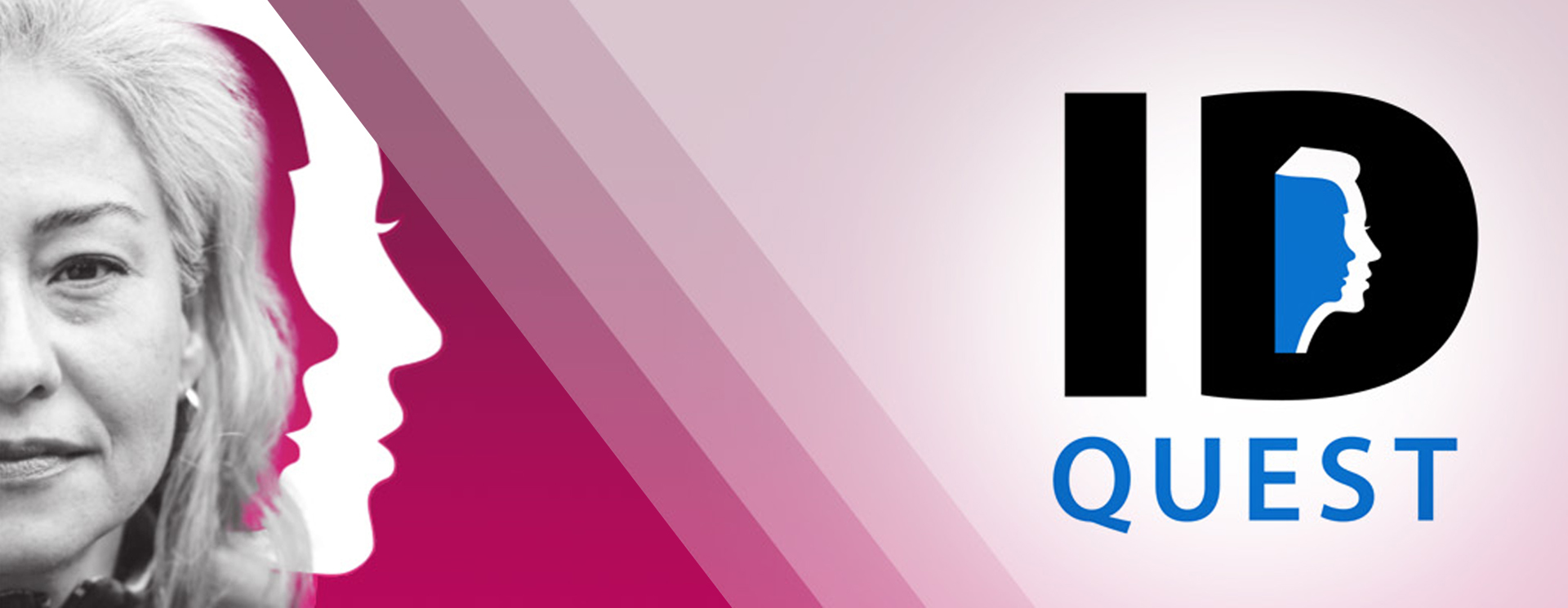Identity Quest
color bar line
Events
Events
Feb
17
 Feb 17 | 02:00PM - 3:30PM
Local History Research: Beginning Resources
Shawnee North Community Center, Kitchen + Dining
Feb
26
Feb 17 | 02:00PM - 3:30PM
Local History Research: Beginning Resources
Shawnee North Community Center, Kitchen + Dining
Feb
26
 Feb 26 | 07:00PM - 8:30PM
Kansas Save the Flags Project
Topeka and Shawnee County Public Library, Marvin Auditorium 101C
Mar
2
Feb 26 | 07:00PM - 8:30PM
Kansas Save the Flags Project
Topeka and Shawnee County Public Library, Marvin Auditorium 101C
Mar
2
 Mar 2 | 05:30PM - 7:00PM
New African American Topeka Map
Topeka and Shawnee County Public Library, Hughes Room 205
Mar
3
Mar 2 | 05:30PM - 7:00PM
New African American Topeka Map
Topeka and Shawnee County Public Library, Hughes Room 205
Mar
3
 Mar 3 | 05:30PM - 6:30PM
Finding Your Family In the Newspapers
Topeka and Shawnee County Public Library, Menninger Room 206
Mar 3 | 05:30PM - 6:30PM
Finding Your Family In the Newspapers
Topeka and Shawnee County Public Library, Menninger Room 206
 Feb 17 | 02:00PM - 3:30PM
Local History Research: Beginning Resources
Shawnee North Community Center, Kitchen + Dining
Feb
26
Feb 17 | 02:00PM - 3:30PM
Local History Research: Beginning Resources
Shawnee North Community Center, Kitchen + Dining
Feb
26
 Feb 26 | 07:00PM - 8:30PM
Kansas Save the Flags Project
Topeka and Shawnee County Public Library, Marvin Auditorium 101C
Mar
2
Feb 26 | 07:00PM - 8:30PM
Kansas Save the Flags Project
Topeka and Shawnee County Public Library, Marvin Auditorium 101C
Mar
2
 Mar 2 | 05:30PM - 7:00PM
New African American Topeka Map
Topeka and Shawnee County Public Library, Hughes Room 205
Mar
3
Mar 2 | 05:30PM - 7:00PM
New African American Topeka Map
Topeka and Shawnee County Public Library, Hughes Room 205
Mar
3
 Mar 3 | 05:30PM - 6:30PM
Finding Your Family In the Newspapers
Topeka and Shawnee County Public Library, Menninger Room 206
Mar 3 | 05:30PM - 6:30PM
Finding Your Family In the Newspapers
Topeka and Shawnee County Public Library, Menninger Room 206
bottom color bar and additional css
Tagged with:
Identity Quest |
genealogy speakers















